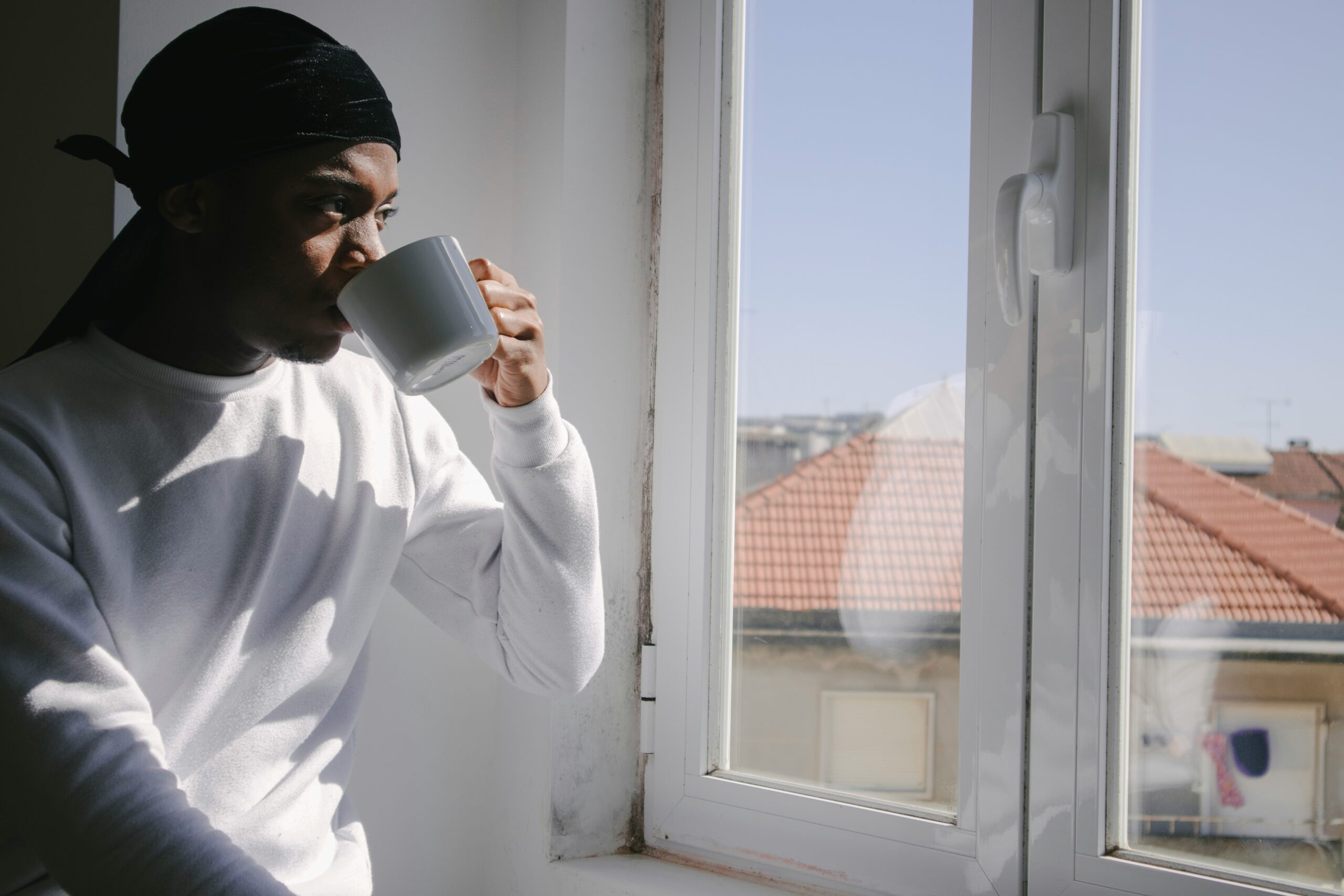As someone who spends a lot of time online, I’ve noticed certain trends gaining momentum, especially post-COVID. Self-care, hustle culture, the “me first” mindset, and low commitment to others have become more prominent.
These ideas aren’t entirely new, but the pandemic accelerated their growth. COVID isolated us, causing many to miss key life experiences—proms, graduations, dates, and more.
In response, we retreated into comfort zones.
While these coping mechanisms are understandable, they’ve highlighted a growing challenge: why are so many of us, especially Gen Z, struggling to form deep, lasting connections?
I believe part of the issue lies in how trends like self-care and boundaries are portrayed on social media. These practices are valuable, but the messaging often skews toward isolation.
- “Cut off anyone who drains your energy.”
- “Focus on yourself—others will hold you back.”
- “If they’re not adding value, they’re not worth your time.”
While prioritizing yourself is healthy, these ideas can encourage mistrust, loneliness, and an inability to build meaningful relationships.
This post is for my fellow Gen Z’ers. Let’s reexamine the messages we’re consuming and explore how to balance self-love with genuine connection.
So, what does self-care really mean?
Loneliness Epidemic?
Humans ultimately are going to crave community and real connections
(I don’t mean to sound like the dating show contestants but it’s true).
In our history as humans, we’ve always needed to collaborate with others in order to not starve, freeze to death, go insane, and (you get the point) …
We needed community back then and it’s no different today. Unfortunately for the younger generations, this is what we struggle with the most.
Forbes said,”Loneliness is a growing epidemic in most developed countries. Young people aged 16 to 24 feel more lonely than any other age group, including people aged 65 and over. Indeed, 73% of Gen-Z report feeling alone sometimes or always. Loneliness can be as damaging to health as smoking 15 cigarettes per day. And people who experience social isolation have a 32% higher risk of early death”( Bakhtiari 2023)
Forbes went on to say, “It’s a strange paradox, Gen-Z are hyperconnected in the virtual world but socially disconnected. The internet, mobile phones and video games have opened a multiverse of new connections and opportunities. Yet digital interactions have failed to replace the need to connect on an emotional level in the physical world.” ( Bakhtiari 2023)
Forbes makes it clear that the incline of technology has not provided a decline in loneliness. Actually, it’s the opposite.
But why is it that technology has granted us the ability to easily communicate with people in different countries, yet, we won’t even make an effort to communicate with people within our community.
We will, however, make an effort to have a 15 step skincare routine, daily ...
Is It Due to Capitalism Once Again? Probably.
So boom –
You open TikTok for your daily scroll and are immediately bombarded with ads from influencers, messages promoting solitude, criticism over trivial differences, endless trends like the ‘self-care era,’ and advice claiming you can’t ‘level up’ without completely isolating yourself.
All this while being told that the products influencers are pushing will fill voids better than something as simple as community.
Forced to believe that following trends will help you make friends easier than joining a community event of any kind or simply choosing to be kind to others, when you could be rude.
They say you should always be wary of people and be quick to pick up on extremely niche “red flags” that you probably do yourself.
It’s easy to forget that people get paid to persuade us to do anything that makes the companies more money. This means that we have to stick together to be reminded of everyday happiness and pleasure but . . . we are pulling away from in-person interactions.
What happens when we stick together?
Why We Are The Way We Are
Believe me, I’m not at all trying to blame people for reacting to situations in their lives with wanting solitude and becoming more conscious of bad signs while seeking new relationships.
This is because I too not only struggle with social anxiety but I also close myself off to the world at the first sign of an inconvenience.
It’s easier to duck off then deal with unfortunate circumstances just because I wanted to make friends or be social.
I also fear people judging me if they learn too much about my personal life or they flat out think I’m weird.
However, I’ve quickly learned that falling back from society is not gonna make anyone think I’m cool enough to be their friend, actually, they just forget about me completely.
Leading us back to the loneliness epidemic that is happening now.
Recognizing Healthy and Unhealthy Behaviors
As I mentioned above, celebrated Youtubers, Tiktokers, and influencers are often telling their audience that they got to where they are today by following certain beliefs.
For example, influencer lifeofliz, and the sprinkle sprinkle lady are well-loved on their platforms.
I’m not gonna act like I don’t watch their videos after having my heart broken or experiencing people being weird/rude to me.
It feels good to listen to them saying things like, “I don’t owe anyone; anything” and to “not give people multiple chances because all they are going to do is hurt you more”.
Though these teachings can be comforting, these kinds of thoughts are going to keep you from making more friends and experiencing new things/new people.
Which we know will ultimately leave you lonely.
We need to take people as they are and not generalize for others or fear deep connections with new people.
These kinds of hyper-individualistic morals are only going to result in loss of community.
Why Our Generation Struggles to Accomplish More
I have always felt like a collective thought Gen Z had was that we were going to be different from the generations before us.
We have the gift of shared knowledge and communication through the internet. This gives the potential to start revolutions, and create generational change.
For example, recently there have been companies asking for more money with less product. Communities on the internet and in real life have banded together and stopped purchasing products like Kellogs cereal and tumbler bars until they lowered their prices or brought the original size back
( the larger size they had before they realized they could make the product smaller, and charge more).
In response, Kellogs lowered their prices and the tumblr bars went back to their original size.
We see everyday how powerful we would be if we stuck together. Now is clearly the time that we can accomplish change by unifying.
By fostering community!
Practical Tips for Practicing Self-Care
There are several ways you can practice self-care effectively and your mind, body, and soul will feel the difference.
Meditation , journaling, and gratitude will feed your soul and leave you feeling loved, hopeful, and understood.
Clean eating, exercise, and healthy hygiene will show your body the love that you have for it.
Affirmations, clear understanding of morals, and dedication to your dreams will put your mind at ease and create peace.
All the other things people preach online will leave you always feeling like you need to do more, buy more, and isolate more.
However, that could not be further from the truth.
Keep in Mind
There is no experience that should rob you from forming new, stronger connections.
Be vulnerable.
Be open.
Be kind.
Credits






1 Comment
How to Fight Imposter Syndrome - Brianna Smith Speaks
January 29, 2025 at 4:20 am[…] Is It Self-Care or Self-Isolation? […]